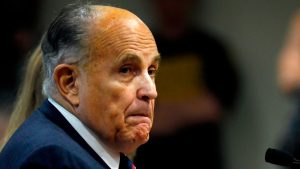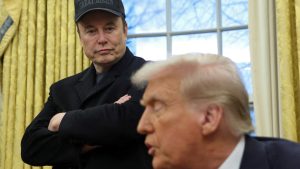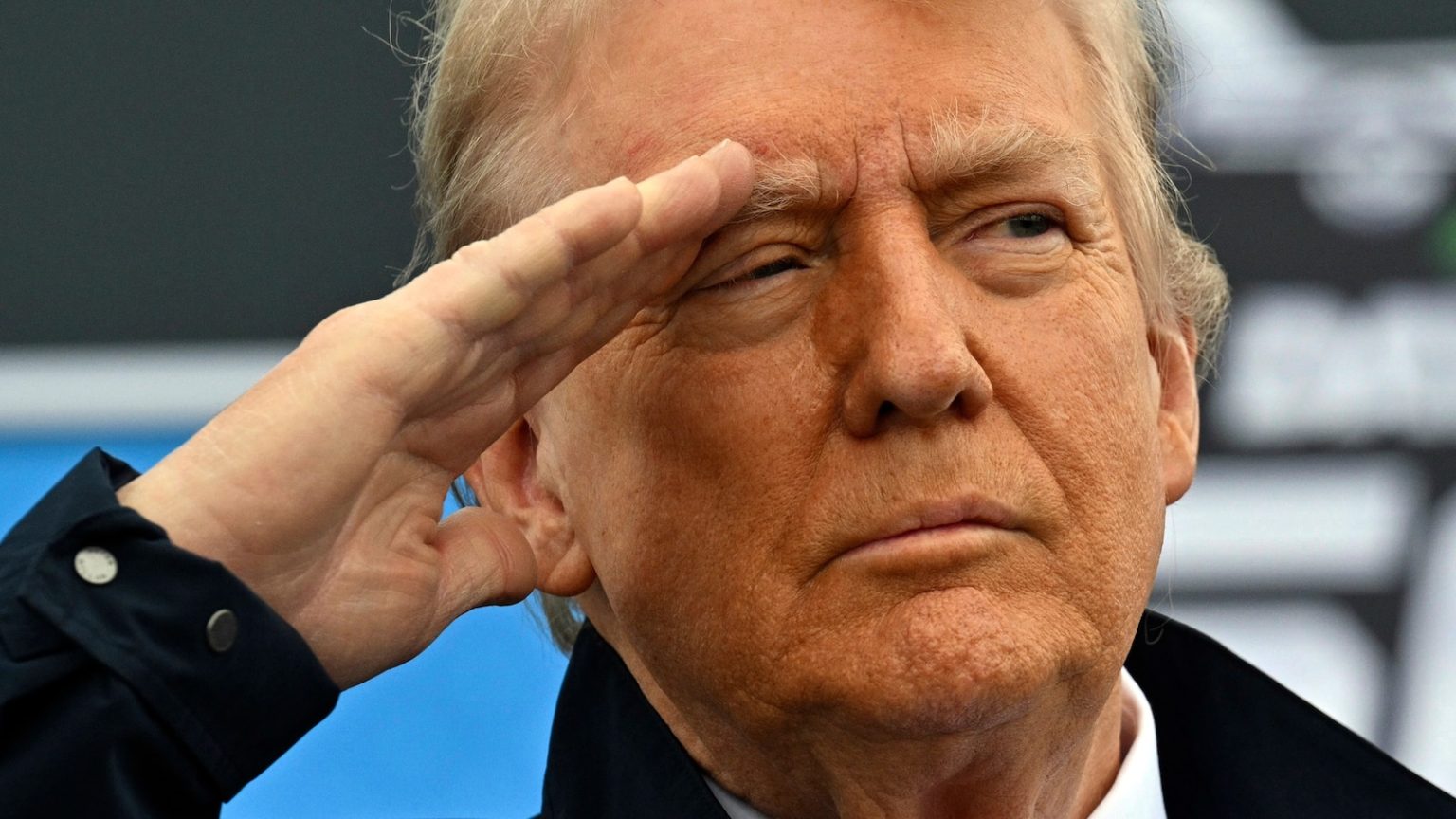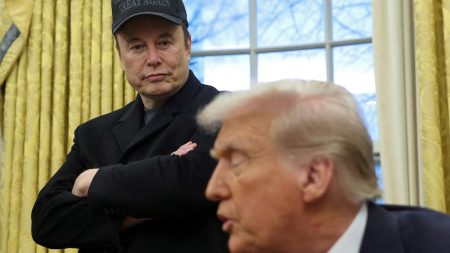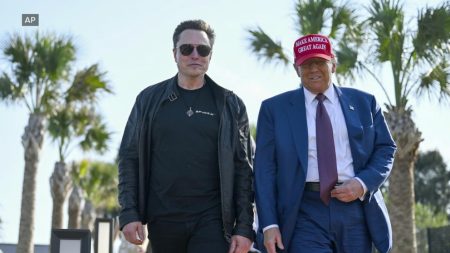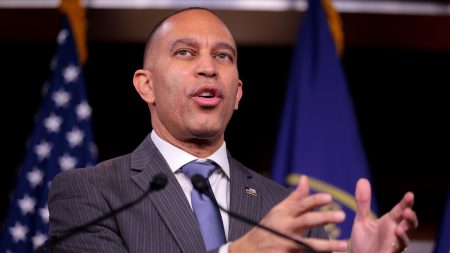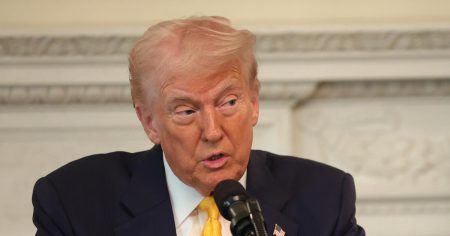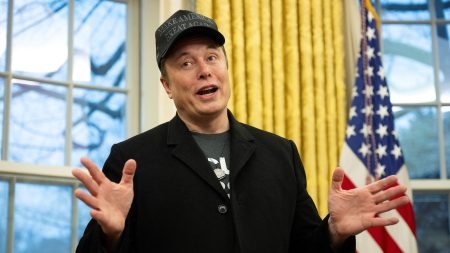Introduction: Understanding the Controversy
President Donald Trump recently sparked controversy by posting a statement on social media: "He who saves his Country does not violate any Law," often attributed to Napoleon. This statement has ignited debate, with critics accusing Trump of embracing authoritarian rhetoric. The post, shared on both his personal X and Truth Social accounts, has drawn comparisons to historical figures known for consolidating power, raising concerns about Trump’s view of presidential authority.
The Statement and Backlash
The statement in question, reminiscent of Napoleon’s sentiments, implies a disregard for legal constraints, suggesting that actions taken in the nation’s interest justify bypassing laws. The White House declined to elaborate, fueling speculation and criticism. Democrats swiftly condemned the remark, likening it to dictatorial behavior. Reince Priebus, a former Trump administration official, downplayed it as mere entertainment. However, constitutional experts express alarm, warning that such rhetoric undermines the principle of checks and balances fundamental to U.S. democracy.
Expert Opinions and Constitutional Concerns
Constitutional law experts have sounded the alarm, drawing parallels to authoritarian leaders like Hitler and Mussolini. Michael Gerhardt of the University of North Carolina emphasized the danger of executive tyranny, highlighting the rule of law’s role in preventing such abuses. David Schultz of Hamline University noted that Trump’s statement reflects a misunderstanding of American democracy, where no single individual holds absolute authority. These experts stress that Trump’s assertion challenges the constitutional framework designed to prevent unchecked power.
Legal Challenges and Executive Actions
Trump’s administration is already facing numerous legal challenges, with over 73 lawsuits filed in less than a month. These include disputes over birthright citizenship, federal funding freezes, and attempts to dismantle agencies like USAID. One case, involving the firing of a Special Counsel head, has reached the Supreme Court, testing the executive’s appointment power. This legal onslaught underscores the broader debate over Trump’s expansive view of presidential authority, with critics arguing that his actions exceed constitutional limits.
Historical Context and Presidential Precedents
Historical comparisons, particularly to Abraham Lincoln, who suspended habeas corpus during the Civil War, have been drawn. However, experts note that Lincoln’s actions were in response to a national crisis and were later ratified by Congress. Trump’s situation lacks such urgency, leading scholars to caution against equating his actions with those of Lincoln. The comparison serves as a reminder of the risks of executive overreach and the importance of constitutional checks.
Conclusion: Implications for Democracy
Trump’s statement and actions have significant implications for U.S. democracy, hinting at a potentially dangerous shift in the balance of power. The legal challenges and rhetoric suggest a concerted effort to expand executive authority, raising concerns about the erosion of democratic norms. As Trump continues to test these limits, the nation is reminded of the importance of constitutional principles in safeguarding against tyranny. The outcome of these legal and political battles will shape the future of executive power and the resilience of U.S. democracy.
